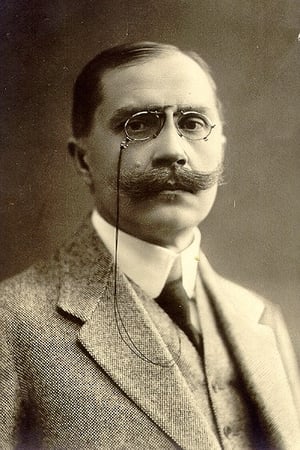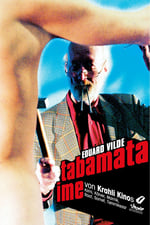Personal Info
Known For Writing
Known Credits 7
Gender Male
Birthday March 4, 1865
Day of Death December 26, 1933 (68 years old)
Place of Birth -
Also Known As
- -
Content Score
100
Yes! Looking good!
Login to report an issue
Biography
Eduard Vilde (March 4, [O.S. February 20] 1865 – December 26, 1933) was an Estonian writer, a pioneer of critical realism in Estonian literature, and a diplomat. Author of classics such as The War in Mahtra and The Milkman from Mäeküla. He was one of the most revered figures in Estonian literature and is generally credited as being the country's first professional writer.
Vilde grew on the farm where his father worked. In 1883 he began working as a journalist. He spent a great deal of his life traveling abroad and he lived for some time in Berlin in the 1890s, where he was influenced by materialism and socialism. His writings were also guided by the realism and naturalism of the French writer Émile Zola (1840–1902). In addition to being a prolific writer, he was also an outspoken critic of Tsarist rule and of the German landowners. With the founding of the first Estonian republic in 1919, he served as an ambassador in Berlin for several years, and spent the last years of his life editing and revising an enormous volume of his collected works. After his death in 1933, he became the first person to be interred at Metsakalmistu, in the Pirita district of Tallinn.
Eduard Vilde (March 4, [O.S. February 20] 1865 – December 26, 1933) was an Estonian writer, a pioneer of critical realism in Estonian literature, and a diplomat. Author of classics such as The War in Mahtra and The Milkman from Mäeküla. He was one of the most revered figures in Estonian literature and is generally credited as being the country's first professional writer.
Vilde grew on the farm where his father worked. In 1883 he began working as a journalist. He spent a great deal of his life traveling abroad and he lived for some time in Berlin in the 1890s, where he was influenced by materialism and socialism. His writings were also guided by the realism and naturalism of the French writer Émile Zola (1840–1902). In addition to being a prolific writer, he was also an outspoken critic of Tsarist rule and of the German landowners. With the founding of the first Estonian republic in 1919, he served as an ambassador in Berlin for several years, and spent the last years of his life editing and revising an enormous volume of his collected works. After his death in 1933, he became the first person to be interred at Metsakalmistu, in the Pirita district of Tallinn.
Writing
|
||||||
|
||||||
|
||||||
|
||||||
|
||||||
|




